In a groundbreaking move, the National Curriculum and Textbook Board (NCTB) of Bangladesh has drafted a new assessment framework that could transform the educational landscape. The draft proposes a rigorous five-hour final examination for each subject under the new curriculum, slated for implementation in June.
The proposed system divides the final tests into two segments: a four-hour practical assessment followed by a one-hour theoretical exam, with the latter being evaluated by the Education Board. This innovative approach aims to foster both individual and collaborative skills among students, as they will be required to work solo and in groups during these assessments.
The changes will affect students from grades IV to IX, who will take their exams at their respective schools. However, those sitting for the Secondary School Certificate (SSC) and Higher Secondary Certificate (HSC) exams will attend external centers. Notably, the SSC exam will focus solely on the class 10 syllabus, while the HSC will have two public examinations, each based on the respective year’s syllabus.
In a significant departure from traditional methods, the NCTB has decided to eschew numerical marking. Instead, evaluations will be categorized into three distinct parts, a move that Professor Moshiuzzaman of the NCTB believes will better reflect students’ capabilities.
The draft, developed in collaboration with seasoned educators, is currently under review by the ministry’s top officials, who will make the final decision. If approved, this new evaluation system could herald a new era of academic rigor and comprehensive assessment in Bangladesh.



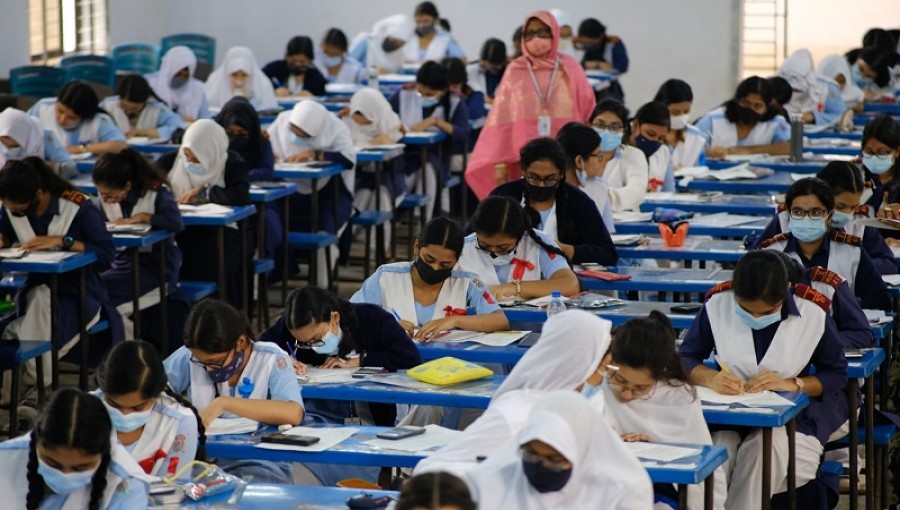
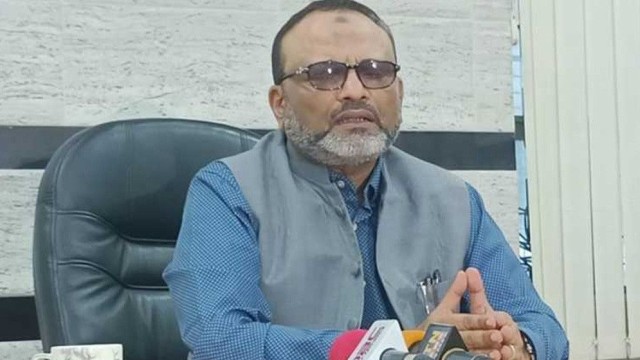

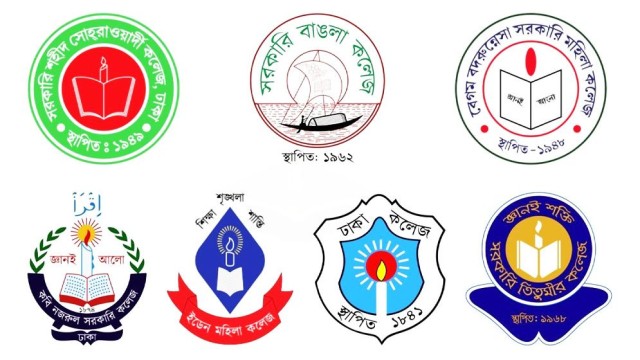
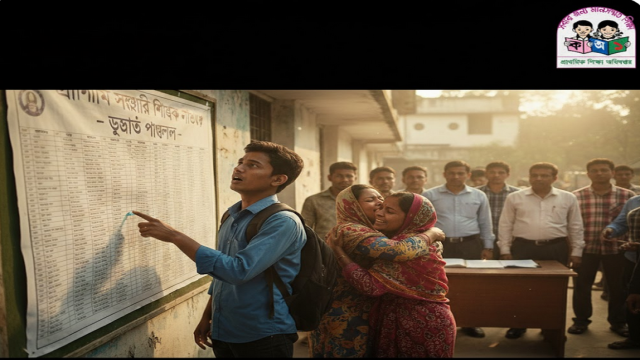
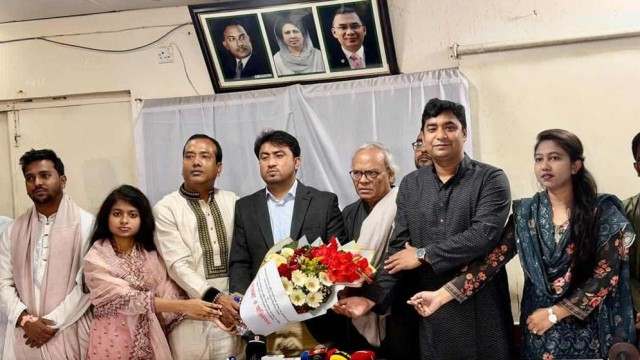
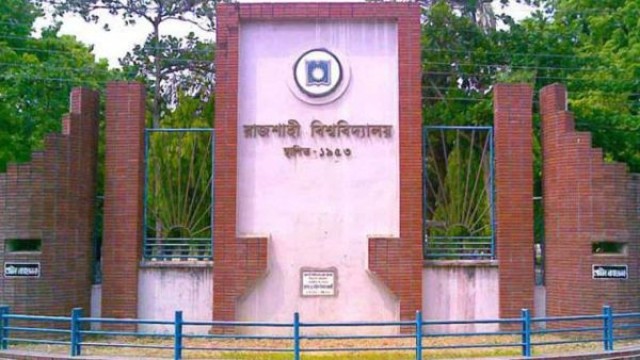
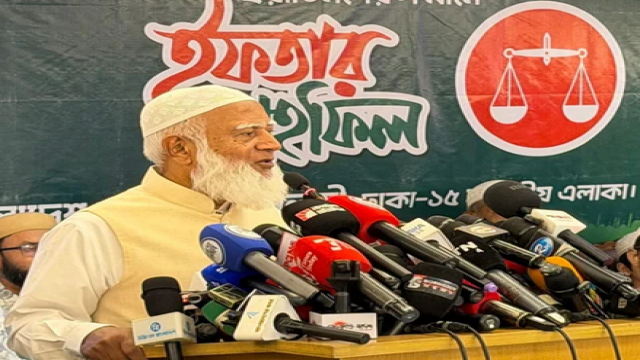
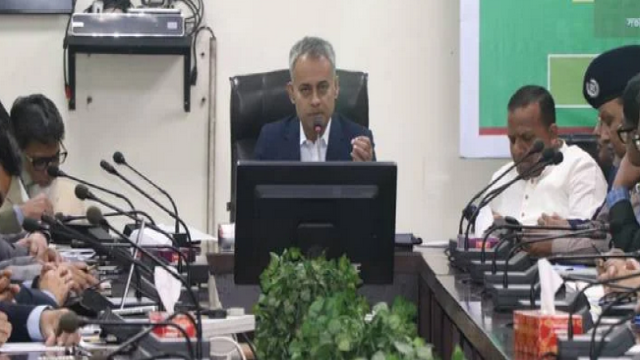




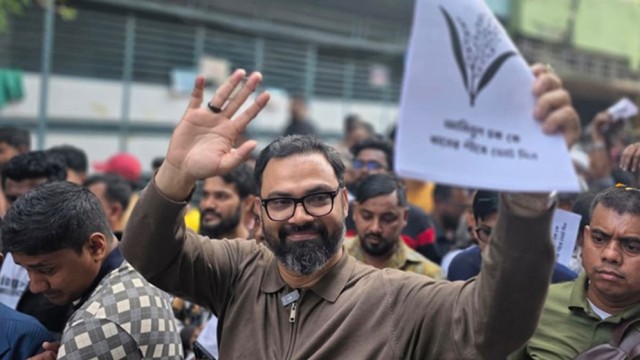

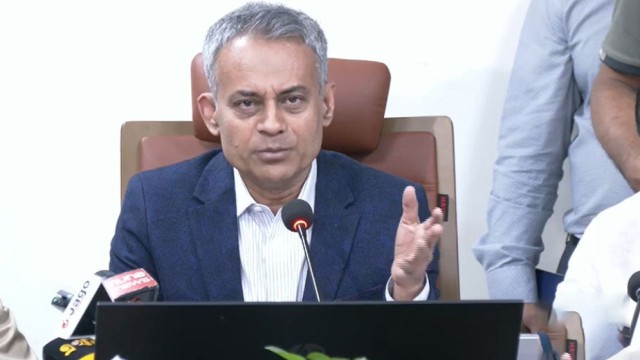











Comment: